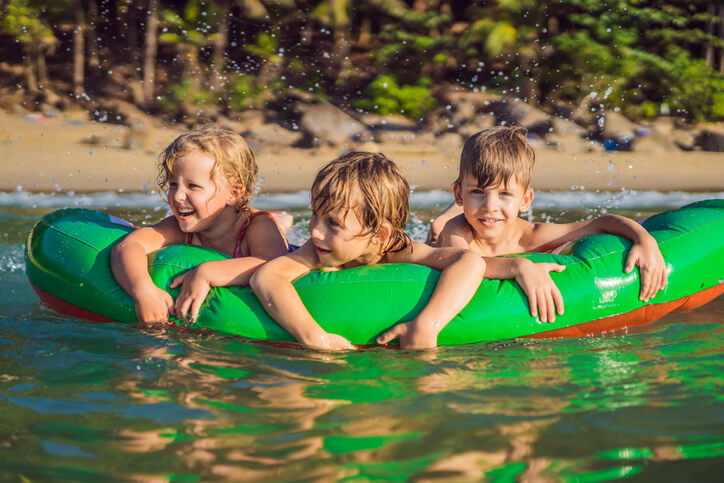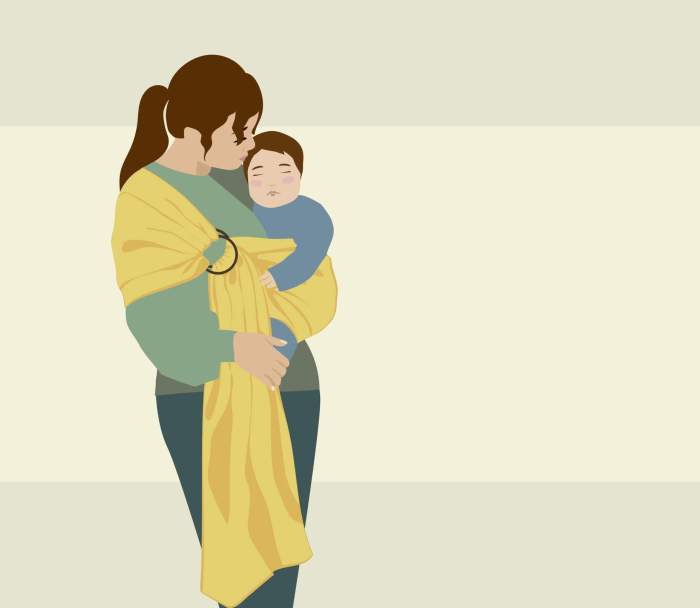Summer camp is back—welcome news for both kids and parents after two harried and stressful years. Overnight and day camps are not only an excellent childcare option for working parents, but they also allow kids to find their voice, build resilience and develop the confidence to fend for themselves. Being physically active outdoors can reduce stress and anxiety, support sleep habits and help maintain a healthy body mass index (BMI), among many other physical and mental health benefits. Exposing kids to nature can solidify their connection to the natural world, enliven their senses, and even produce a physiological relaxation effect.
While there are many documented health benefits of summer camp, sending your kids to a new location this summer can worry parents. What if they don’t drink enough water? What if they have a run-in with poison oak or mosquitos? What if they get a sunburn?
As the lead pediatrician at Cohen Children’s Northwell Health-GoHealth Urgent Care, I’ve seen my share of the minor injuries and illnesses that are common among young campers. In fact, we work closely with camps across New York to provide real-time access to a full range of healthcare services on a virtual basis, including COVID-19 management, allowing camps to avoid unnecessarily transporting campers and staff off-site.
Whether your kids are headed to a day camp or a sleepaway experience, you can help keep them safe, healthy, and ready to have their best summer yet by taking a few simple steps before they leave. Here are my tips to help you prepare your children to safely enjoy the great outdoors.
-
Confirm COVID-19 safety protocols. Talk to camp organizers to ensure their practices adhere to the Centers for Disease Control and Prevention (CDC) recommendations. Factors to consider include: Are children outdoors most of the time? Will children be separated into smaller groups? Are counselors required to be vaccinated? These are the crucial questions I recommend asking to keep your young campers and family safe as they begin camp.
-
Pack all medications. Whether your child takes a prescription medication every day or over-the-counter meds only as needed, they must have access to any medication they may need while at camp. Before dropping your child off at camp, review the camp’s website and any other materials provided to ensure you understand their medication protocols. Complete and submit all authorizations or forms and ask camp counselors to pack necessary medications such as inhalers or EpiPens on any off-site excursions.
-
Remind them to wear sunscreen. While kids may not like taking a break from the fun to apply sunscreen, it is the best defense against sunburn. Anytime your child goes outside, they should apply a UVA/UVB sunscreen that’s SPF 30 or higher every two hours and after they swim, sweat, or shower. If your child gets a severe sunburn, the camp counselors should remove them from the sun, give them pain relievers, apply a cool, wet compress to the sunburn, and give them extra fluids to avoid dehydration.
-
Send some insect repellent with them. Insect repellent can prevent itchy, uncomfortable insect bites. It also helps prevent insect-borne infections like Lyme disease and the West Nile and Zika viruses. Look for insect repellent with DEET and teach your children to carefully apply it over sunscreen by spraying onto their hands first and rubbing onto their exposed skin and face. In addition to applying insect repellent, children should wear light-colored long sleeves and pants to help avoid bites, and always conduct tick checks after hiking or playing in long grass.
-
Give a crash course on plant safety. While vegetation and wildlife in nature are beautiful, they can also be hazardous. A knowledgeable guide should always supervise children if they are hiking or camping outdoors. Teach young campers how to recognize plants that should not be touched (like poison ivy). If your child touches or ingests a questionable plant, wash the area immediately with soap and water, remove all particles from their mouth and call the poison control center immediately at 1-800-222-1222.
-
Practice water safety. Sign your child up for swimming lessons before they leave for camp. Make sure they know to never enter the water unless there is a counselor or lifeguard present. Children who are not proficient swimmers should always wear life jackets. So should anyone engaging in water activities like boating, water skiing, or jet skiing. Floatation devices, like water wings, should not be used as a safety device. Teach children to never drink from natural water sources like ponds, lakes, or streams since these water sources often contain germs that can cause serious infections.
-
Hydrate, hydrate, hydrate! Children should drink at least two to eleven cups of water per day depending on their age and wear light-colored clothing when outdoors this summer. Remind them to bring their water bottle when leaving camp to hike or engage in other outdoor activities. If possible, sports and other strenuous activities should occur in the morning or late afternoon instead of the hottest hours of the day.
Camp is a fantastic opportunity for kids to explore the world around them, improve their mental health, increase Vitamin D levels, and get exercise. By taking proactive steps to prevent and treat common injuries and illnesses, your young campers will head out properly prepared for safe and healthy adventures this summer. Unfortunately, accidents do happen, so if your family needs immediate care for a non-life-threatening illness or injury, please come see us!
Dr. Lynda Gerberg is the lead pediatrician of Cohen Children’s Northwell Health-GoHealth Urgent Care.
Sign up for Long Island Press’ email newsletters here. Sign up for home delivery of Long Island Press here. Sign up for discounts by becoming a Long Island Press community partner here.

































